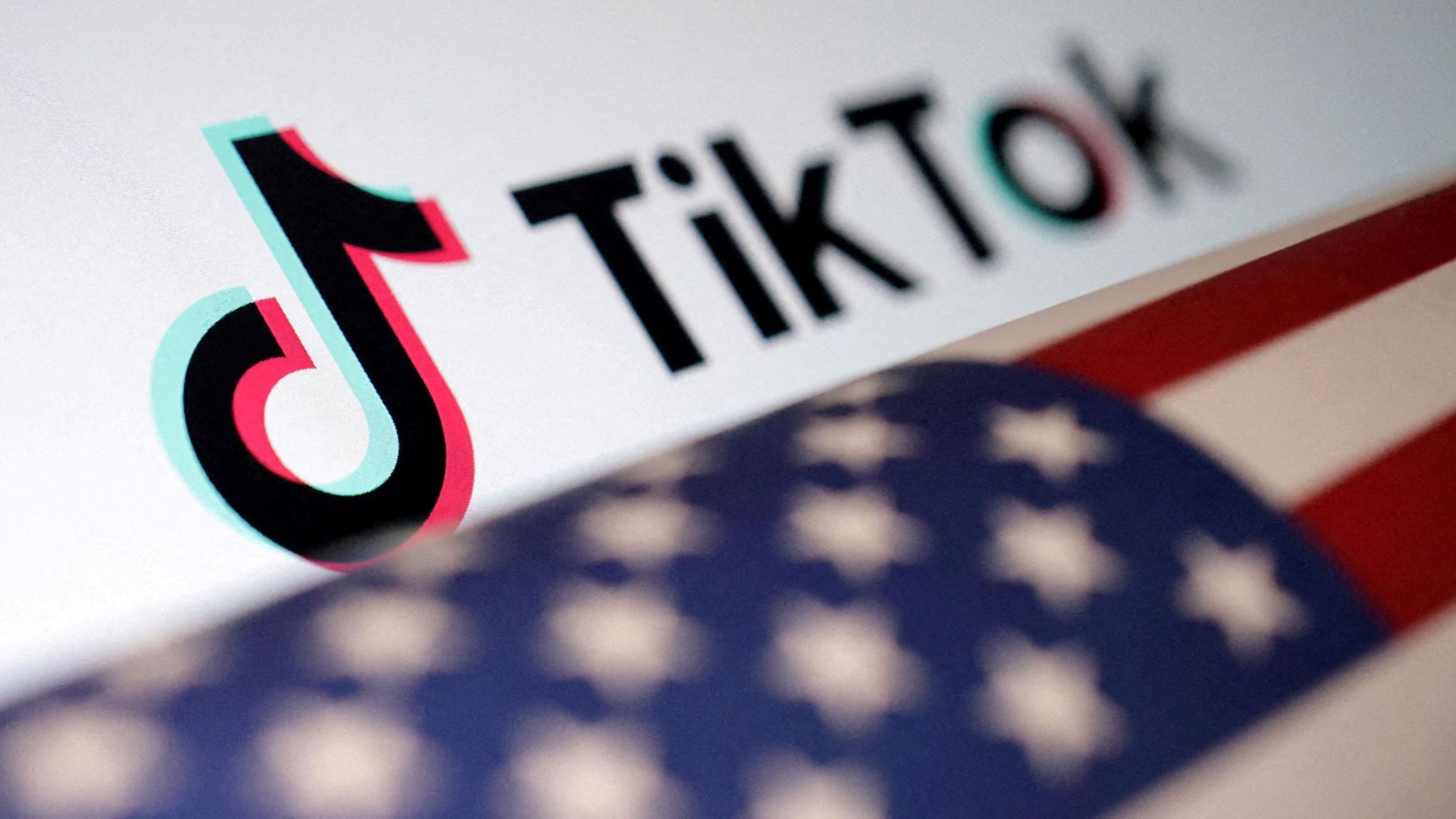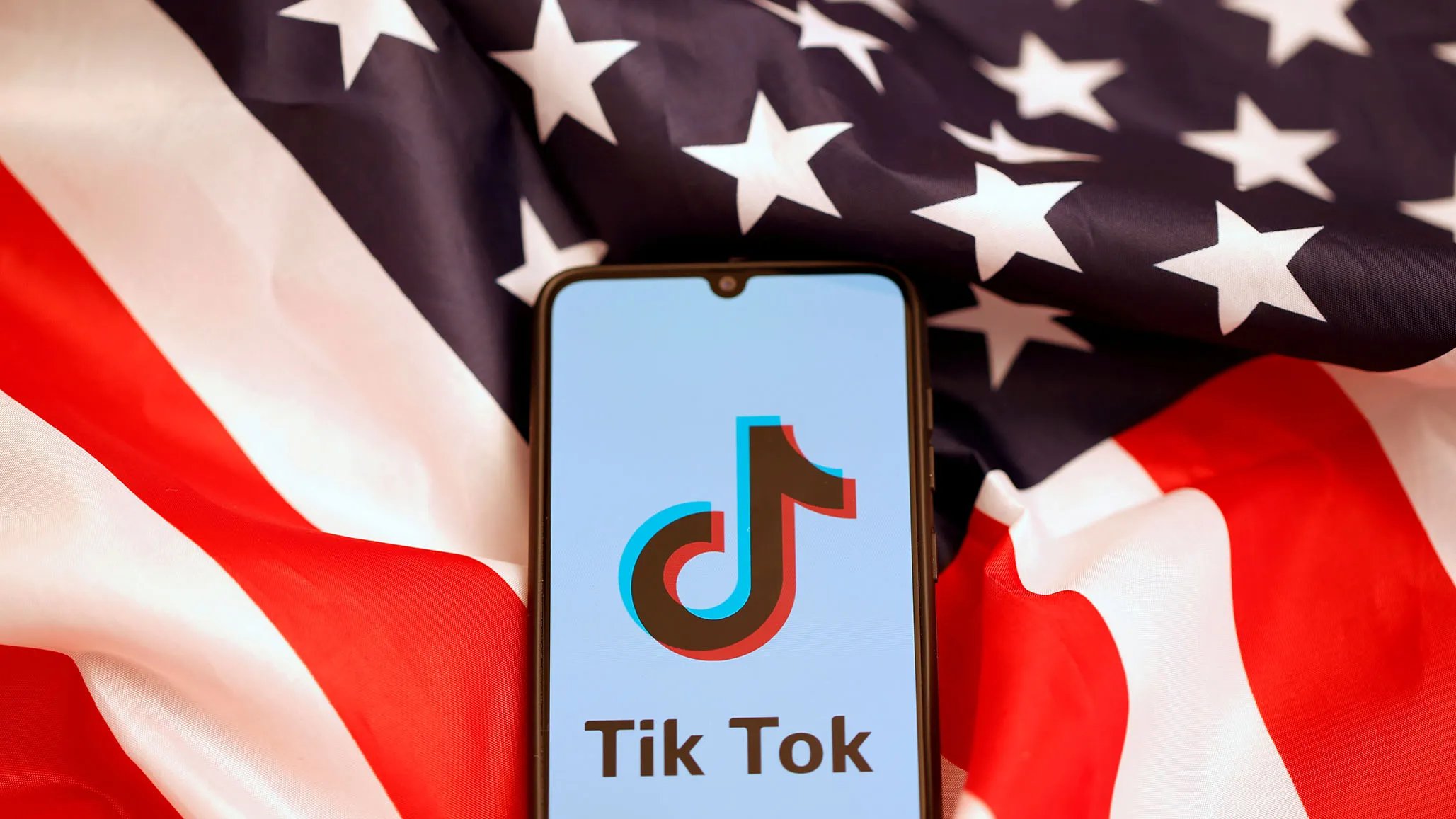In a significant move, Congress voted on Saturday for a potential ban of the popular video-sharing app TikTok in the U.S., stirring concerns among millions of users and creators. The decision, driven by national security worries linked to the app’s Chinese parent company ByteDance, could reshape the digital and social media environment as we know it.

National Security Concerns at the Forefront
ByteDance, despite assertions of its independence, operates under Chinese jurisdiction, which could compel it to share user data with the Chinese government. This underlying fear is exacerbated by concerns that TikTok’s powerful algorithm could be weaponized to push pro-China narratives or manipulate public opinion in America on contentious issues like Taiwan or the Israel-Palestine conflict.
On April 23, the Senate passed a bill targeting the app, which now awaits President Joe Biden’s endorsement. Biden has previously expressed his support for the legislation. Should it become law, TikTok will have 270 days to be sold to a company not tied to ByteDance, with the possibility of extending this deadline if substantial progress is made.
Michael Beckerman, TikTok’s head of public policy for the Americas, has declared the company’s intention to challenge the bill in court. The extended deadline postulates that TikTok might remain operational until after the upcoming November presidential election, giving users a temporary reprieve.

“The Clock Ticks for TikTok: Understanding the Implications of a U.S. Ban”
Potential Impact on U.S. TikTok Users
Should the ban take effect, U.S. users would be abruptly cut off from accessing or uploading content on TikTok. Drawing parallels with TikTok’s ban in India back in 2020, it’s possible that existing content may not be deleted, offering a glimmer of hope for users to save their videos. TikTok has made it possible for users to download their content directly, providing an essential backup option.
BREAKING: House passes bill to ban TikTok in the U.S. if it doesn’t divest from its China-based owner.
NBC's Julie Tsirkin reports from Capitol Hill. pic.twitter.com/rIkLksDHYW
— MSNBC (@MSNBC) April 20, 2024
The Economic Ripple Effects
The repercussions of a TikTok ban extend far beyond individual users. An economic impact report by TikTok highlighted its significant contribution to small and medium-sized enterprises (SMEs), with $14.7 billion funneled into the U.S. economy in 2023 alone, and a total economic activity of $24.2 billion. Its role as a marketing powerhouse, especially among Gen Z consumers, underscores the potential challenges businesses might face in finding comparable outreach platforms.
Influencers: A Future in Flux
For influencers, it is more than just a platform; it’s a lucrative career. With the creator economy valued at approximately $250 billion in 2022 and expected to nearly double by 2027, the impact of a ban could be severe. Influencers would need to navigate new platforms, potentially building their followings from scratch—a daunting and uncertain prospect.
Global Precedents and Alternatives
TikTok has faced bans in several countries, most notably India, where its absence spurred a surge in alternative short-form video apps. Should a U.S. ban materialize, users might turn to platforms like Triller, YouTube Shorts, Instagram Reels, Likee, or the family-friendly Zigazoo, seeking new digital sanctuaries for their creative expressions.
Conclusion: A Tumultuous Future for Digital Expression
The potential TikTok ban presents a complex tapestry of legal, economic, and social challenges. As stakeholders from all sides brace for possible outcomes, the landscape of digital content and social media in the U.S. stands on the cusp of a significant transformation.
The ongoing debate not only highlights the clash between national security and free expression but also sets the stage for a broader discussion on the control and flow of digital information in an interconnected world.For more insights and updates on this developing story, users and interested parties are encouraged to stay tuned and prepare for the changes that may lie ahead.


